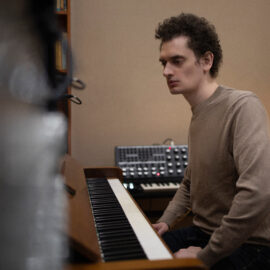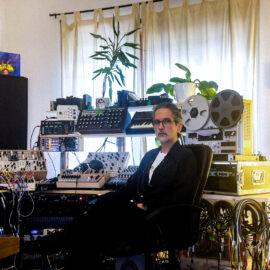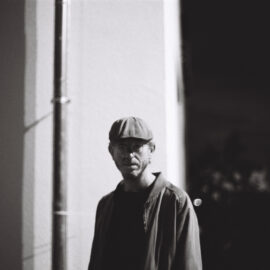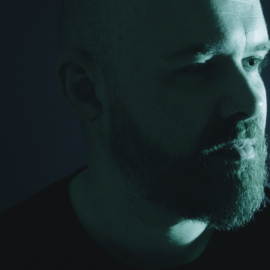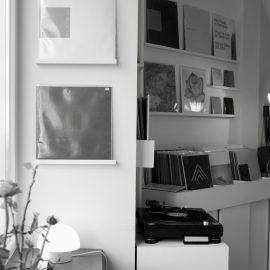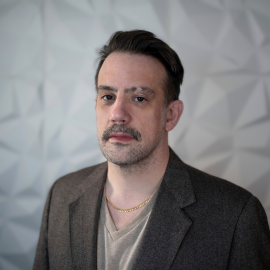Editor’s Note: The following is a transcribed excerpt from Matt Emery‘s interview with Hannah Peel for The Contemplative Podcast which originally aired on April 21st. As I write this, we’ve got the next guest for this second series all ready to go. Meanwhile, if you like what you read below, be sure to subscribe to the podcast so that it can be delivered directly to you in the player of your choice. For this opening episode, Matt chats with this Irish London-based Emmy-nominated composer, singer, and arranger, who has worked on everything from documentaries (on “Game of Thrones”) to Netflix Special TV Series (“Kiss Me First”) to music for theatre adaptations (“Brighton Rock”), and the score for The Deceived.
Soundtrack work is something that you’d always wanted to do. I was going to say. Did you pursue it directly, or did it more or less come to you in terms of the music you were putting out?
It was a little bit of both, actually. During my degree, I was lucky enough to have as a composition teacher a few different composers, but one was Gary Carpenter, who is most known for his classical scoring. When he was younger, he was also an associate musical director for The Wicker Man.
And so, a lot of my composition lessons were scoring films under his eye. The final year of my degree was performing and writing music with another violinist for a 12-piece trip-hop band for 1920s Dada films. And we went down to the BFI, and we saw the reels, and we chose the films we wanted. And that became a really successful piece in that we took it to a few different festivals at the time, like The Big Chill. So as a student, that was quite a massive thing, and it really satisfied that part of me. I enjoyed experimenting and writing for visual media, which I find so exciting – that kind of thrill you get when something matches up or makes you feel something. That power of music to shift or change something.
So it was always something that I wanted to do. And I applied to do a masters in film scoring at the Royal College of music, and they said that my scoring work wasn’t up to scratch to do a masters in. And I just had a first degree. So I was like, okay. So luckily enough, the guy who was running it rang me and said, “Look, you haven’t got a classical degree, but if you keep on going, you’ll get there in the end”. So I decided to go down the artist route and develop a sound and make something that’s mine and get into it that way.
Game of Thrones came about because Jeannie Fenley and the director of the documentary, The Last Watch, knew of me, and we’d spoken in the past, but she wanted the Music Box to do a version of the main Game of Thrones title.
So it kind of all fitted in really well, and it was my way of getting in a door by chance and by being different as well.
That must feel quite lovely, having someone say that, “no, you can’t get in the course,” and now you’ve got an Emmy nomination for your work on Game of Thrones.
A lot of people and my peers would say that I’ve just come out of nowhere, but the reality is that I’ve been doing it for like 15 years. So, and I think that’s the case with a lot of people, isn’t it? And then, you know, I’m still struggling. Over the lockdown, I’ve done many interviews over Zoom and just still not been successful. It’s still really, really hard, even with an Emmy nomination. It does open up doors, but it doesn’t get easier. That’s for sure.

